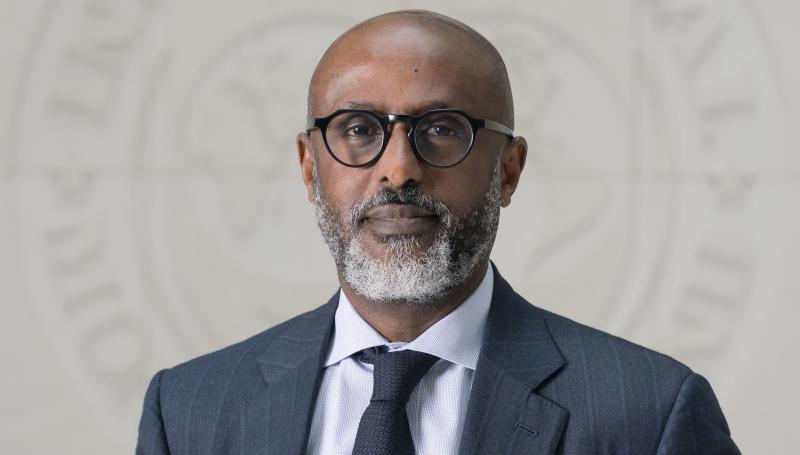Africa-Press – Cape verde. The International Monetary Fund (IMF) is following with “great interest” the mechanism for converting debt into climate financing, developed between Cape Verde and Portugal, said Monday afternoon the director of the organization’s African Department. Abebe Aemro Selassie hopes that, in practice, this will translate into benefits for the country.
The official, who was speaking at a briefing on the IMF’s economic perspectives for Sub-Saharan Africa, believes that the agreement between the two countries has the potential to help Cape Verde access funds to respond to the challenges of climate change.
“The key will be in the way it is designed and, in particular, ensuring that the new financing is on terms that will truly benefit Cape Verde and not involve additional expenses, which would leave the country in a position where it may not be able to benefit so much from it”, he commented, when questioned by Expresso das Ilhas.
“Therefore, a lot will depend on the details of this agreement. But without a doubt, this is one of the areas of work that we hope to develop a little further, to see how we can help countries face the threats that climate change poses,” he added.
Signed in June last year, the protocol between Cape Verde and Portugal converts 12 million euros of Cape Verdean debt to that European country into financing for the Climate and Environmental Fund created by the government. If the results meet expectations, Lisbon is willing to extend the mechanism to cover the entire debt, of around 140 million euros.
Cape Verde is also one of the countries that already benefits from the IMF’s new Resilience and Sustainability Trust Fund (RST), with access to a maximum amount of US$31.69 million, as approved in November 2023.
Selassie also highlights the objective of creating forums to “discuss obtaining more climate financing that can help alleviate Cape Verde’s climate burden”.
In the World Economic Outlook, released on January 30, the IMF predicts growth of 3.8% for Sub-Saharan Africa this year, compared to 3.3% last year. Inflation continues to decelerate and is expected to approach 6% in 2024, four percentage points below estimates for 2023.
The Fund sees as “encouraging” the increase in national and foreign investment over the last year in the region, and highlights the “arduous effort” of countries to stabilize public debt, which will now be at 60% of GDP, after a decade of consecutive increases.
At a global level, the International Monetary Fund (IMF) expects growth of 3.1% in the world economy by December, 0.2% above the previous forecast of October 2023. The forecast for 2025 remains unchanged at 3.2% .
For More News And Analysis About Cape verde Follow Africa-Press






